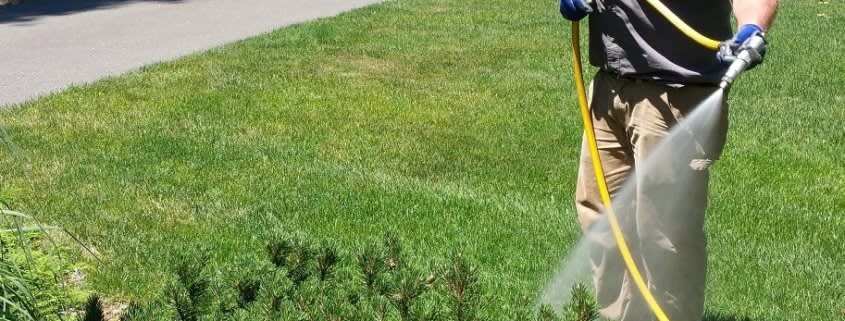
CAN YOU SUE SOMEONE FOR HURTING YOURSELF ON THEIR PROPERTY?
If you have been injured on someone else’s property, it is always a good idea to speak with an experienced premises liability lawyer to discuss your legal rights and options. It may be possible to sue the owner or caretaker of the property for compensation, but this will depend heavily on a number of specific factors, such as how the accident happened, why you were on the property in the first place, and many others.
Did the Property Owner’s Negligence Cause your Injuries?
In order to hold an owner or caretaker responsible for an injury sustained on their property, you must prove several elements:
The owner or caretaker owed you a duty of reasonable care to keep the property safe and free of hazards.
The duty of care was breached by their actions or omissions (e.g., a customer spilled something on the floor that made it slippery and it took them two hours to clean it up).
This breach was the proximate cause of your injuries (e.g., you slipped and fell because of the substance on the floor that was not cleaned up in a timely manner).
Your injuries resulted in compensable damages (e.g., you broke your tailbone, causing you to rack up thousands of dollars in medical bills, miss work for several weeks, pain and suffering, etc.).
Under the legal theory of “premises liability”, you will essentially need to show that the party responsible for the property knew (or should have known) about the existence of the hazard that caused the injury, that they did not take reasonable steps to address this hazard, and but for their negligence in this regard, you would not have been injured.
Your chances of success in proving negligence will be much better if you have strong evidence to help substantiate your claim. This may include photos and video surveillance showing the hazard and how you were injured, and the testimony of any individuals nearby who either witnessed the event or were aware of the existence of the hazard prior to your accident.
Your chances of securing a favorable outcome with your claim will also improve drastically if you are working with an attorney who has extensive experience with these types of cases, and the proven ability to successfully recover compensation from those responsible.
What was Your Visitor Status When You Were Hurt on the Property?
One of the complicating factors in premises liability cases is the fact that not all property visitors are treated equally under the law. The duty of care owed by property owners is different depending on what type of visitor you were.
Your visitor status will fall into one of three categories:
Invitees: These are visitors who are invited onto a property, usually for the benefit of the property owner. Examples may include customers that enter a restaurant or retail establishment, hotel and resort guests, and tenants who rent or lease a residential or commercial property. The highest duty of care is owed to invitees, and those in charge of the property must take reasonable steps to keep the premises free of hazards, and to properly warn visitors if a hazard exists.
Licensees: These are visitors with explicit or implied permission to enter a property, usually for their own purposes. Examples of licensees may include neighbors, social guests, mail carriers, and unsolicited salespeople. A slightly lower duty of care is owed to licensees; owners are obligated to take reasonable steps to protect visitors from known hazards, but they are not necessarily required to inspect a property regularly and uncover unknown dangers.
Trespassers: A trespasser is someone with no legal right to be on the property. As such, a very low duty of care is owed to individuals who fall into this category. With regards to trespassers, the only legal obligation owners have is to refrain from willful and malicious conduct or entrapment that might cause them harm.
If you were an invitee or licensee, you might be able to submit a claim for damages against the property owner if you can prove negligence. If you were a trespasser, however, then, unfortunately, you will be facing an uphill battle if you want to pursue legal action.
Virginia Contributory Negligence Laws
Another issue that is very important to consider with Virginia premises liability cases is the Commonwealth’s “contributory negligence” legal standard. Contributory negligence means that if an injured party is found to have “contributed” in any way to the underlying accident (that caused the injury), they can be barred from recovering damages.
You can expect the other side to argue forcefully that you share at least some of the blame for your accident in order to avoid paying compensation. And this is yet another reason you need to work with an experienced attorney. It is best to get an attorney involved as early as possible after your accident. Otherwise, you may lose out on the just compensation you deserve.
Injured on Someone Else’s Property in Virginia? Speak with an Experienced Premises Liability Lawyer
If you were hurt on the property of another person or party, you might be entitled to compensation. To find out if you have a case, call Schilling and Esposito today at 804-320-0950 to schedule a free consultation with one of our attorneys. You may also message us online or stop by one of our Richmond offices in person at your convenience.
